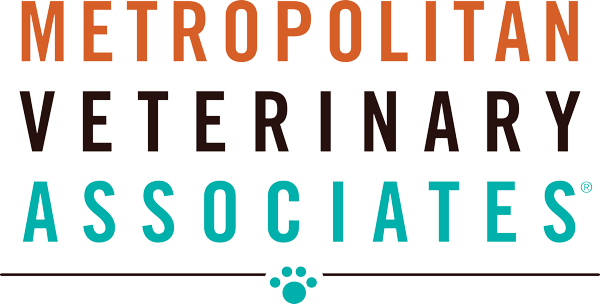Constipation is defined as infrequent or difficult evacuation of the feces. Typically dry hard fecal material is seen. Obstipation is one step further than constipation and is characterized by the inability to pass the accumulation of dry hard feces. This can cause impaction of the entire length of the colon and lead to permanent damage if present for a substantial amount of time.
Clinical signs of constipation can range from straining to defecate to lethargy, decreased appetite, vomiting and abdominal discomfort. It is also possible that liquid feces are passed around a hard fecal impaction so passing of diarrhea or liquid stools cannot rule out constipation or obstipation. There are multiple causes of constipation, but in about 60% of cats, the diagnosis is idiopathic, meaning that a cause cannot be identified. Constipation can result from primary gastrointestinal disease such as a motility disorder resulting in decreased movement through the intestinal tract, inflammatory bowel disease, infiltrative cancer or cancer causing a stricture (narrowing), or a colonic foreign body. Constipation can also result from causes not directly associated with the intestinal tract such as kidney failure, diabetes, or other diseases that can result in muscle weakness or dehydration. Additionally, prior pelvic trauma can cause a narrowed pelvic inlet that can result in constipation. Your veterinarian may recommend testing to evaluate your pet, such as x-rays, bloodwork, and abdominal ultrasound to start. Many cats end up with a diagnosis of idiopathic megacolon, which can be managed medically but sometimes can require surgery.
Treatment of constipation usually requires rehydration with intravenous or subcutaneous fluids as well as multiple enemas to hydrate the stool and facilitate passage of the stool. These treatments should be done in the hospital and sometimes, the patient requires inpatient hospitalization. In some cases where these initial treatments are not successful, sedation for deobstipation (removing the feces manually via a rectal exam) can be required.
Long term treatment will likely be recommended, such as a stool softener like lactulose or Miralax, and a diet change to a highly digestible food such as Low Residue may be indicated. Having your pet eat a diet with high water content such as a canned diet can help prevent future episodes of constipation, depending on the underlying cause.
